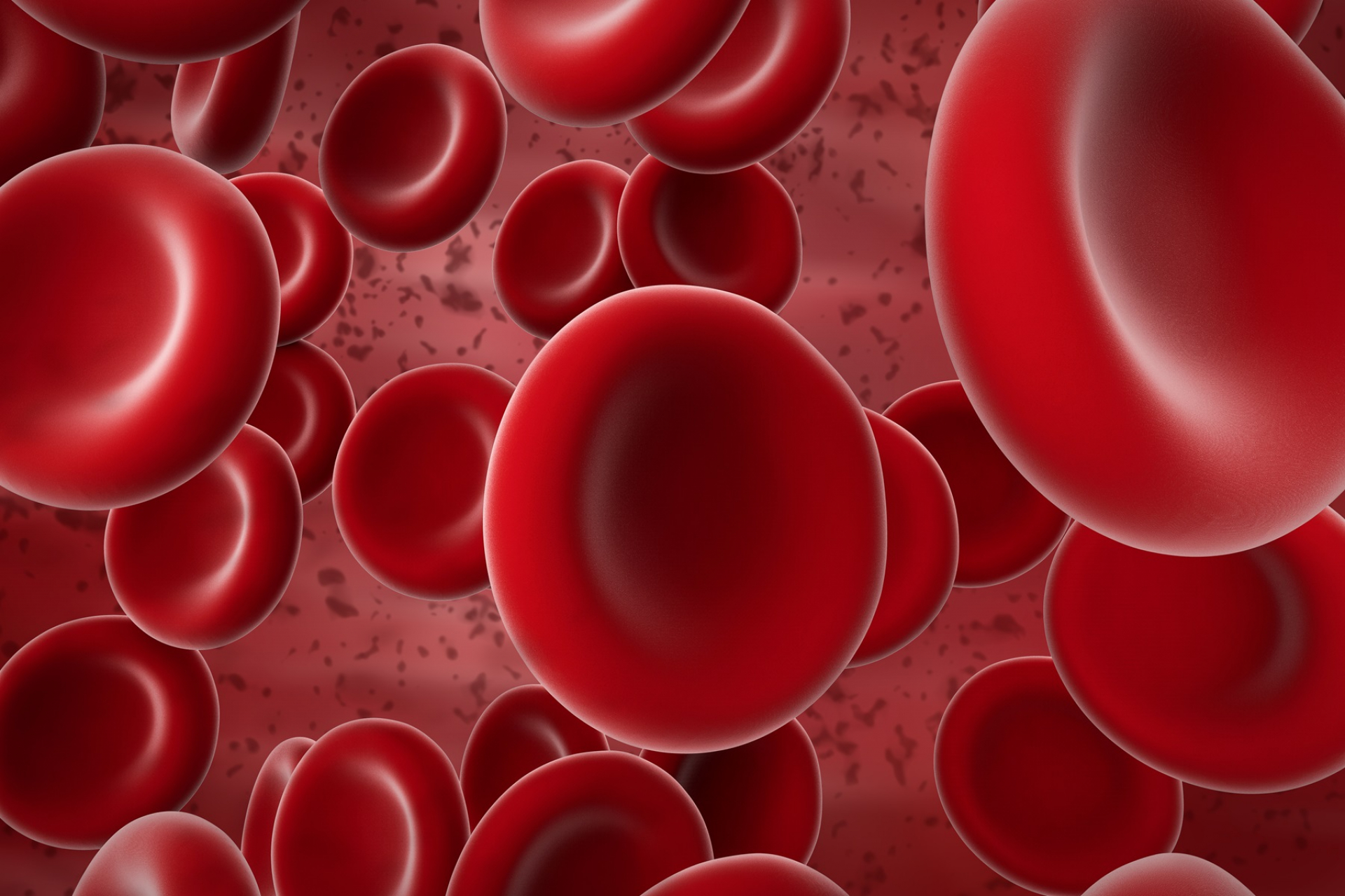When it comes to assessing overall health, blood tests are among the most common diagnostic tools. One important test is the MCV blood test, which provides insight into the size of your red blood cells. This test can reveal vital information about potential underlying conditions, helping your healthcare provider tailor treatment to your specific needs.
What is the MCV Blood Test?
The MCV blood test, or Mean Corpuscular Volume test, measures the average size of your red blood cells (RBCs). This is an important part of a complete blood count (CBC) test, often ordered during routine check-ups or to investigate symptoms like fatigue or weakness.
Why is the MCV Blood Test Important?
Red blood cells play a critical role in carrying oxygen to the body’s tissues. Abnormalities in their size, measured by MCV, can indicate a variety of conditions, including anemia, nutritional deficiencies, or bone marrow disorders.
MCV Blood Test Normal Range
The MCV blood test normal range is typically between 80–100 femtoliters (fL).
- Low MCV (microcytosis): Less than 80 fL indicates smaller-than-normal red blood cells.
- Normal MCV (normocytosis): 80–100 fL indicates normal red blood cell size.
- High MCV (macrocytosis): Greater than 100 fL indicates larger-than-normal red blood cells.
What Abnormal MCV Blood Test Results Mean?
An abnormal MCV blood test result, whether high or low, may signal specific health issues. Here’s what each might indicate:
Low MCV (Microcytosis):
Smaller red blood cells often point to:
- Iron-deficiency anemia: Insufficient iron levels reduce red blood cell size.
- Thalassemia: A genetic disorder affecting hemoglobin production.
- Chronic illnesses: Certain chronic diseases can alter red blood cell production.
High MCV (Macrocytosis):
Larger red blood cells can result from:
- Vitamin B12 or folate deficiency: These nutrients are crucial for DNA synthesis in red blood cells.
- Liver disease: Liver conditions can interfere with red blood cell production.
- Alcohol use disorder: Chronic alcohol consumption can elevate MCV levels.
- Hypothyroidism: Low thyroid hormone levels may lead to larger red blood cells.
- Bone marrow disorders: Conditions like myelodysplastic syndromes can result in abnormally large RBCs.
Causes of High MCV in Blood Count
If your blood MCV levels are high, the underlying causes may include:
- Nutritional deficiencies: Low levels of vitamin B12 or folate are among the most common causes.
- Alcohol consumption: Regular alcohol intake affects red blood cell size.
- Medications: Certain drugs, such as chemotherapy agents, can cause macrocytosis.
- Chronic diseases: Conditions like liver disease or hypothyroidism are often linked to elevated MCV.
How is the MCV Blood Test Conducted?
The MCV blood test is performed as part of a complete blood count (CBC). A small blood sample is drawn from a vein in your arm and sent to a lab for analysis. You can eat or drink normally unless advised otherwise. Inform your doctor about any medications, as some can influence results.
When Should You Get an MCV Blood Test?
Your doctor may order an MCV blood test if you have symptoms such as:
- Persistent fatigue or weakness.
- Shortness of breath.
- Unexplained bruising or bleeding.
- Pale or yellowish skin.
It is also commonly ordered as part of routine health check-ups to monitor overall health.
The MCV blood test is a vital tool for assessing red blood cell size, which can reveal anemia, nutritional deficiencies, or other health conditions. The MCV blood test normal range is 80–100 fL, with deviations pointing to microcytosis (low MCV) or macrocytosis (high MCV). Abnormal MCV blood test results can indicate conditions like iron deficiency, vitamin B12 deficiency, liver disease, or hypothyroidism. Regular testing and consultation with a healthcare provider are key to understanding and addressing underlying causes.


